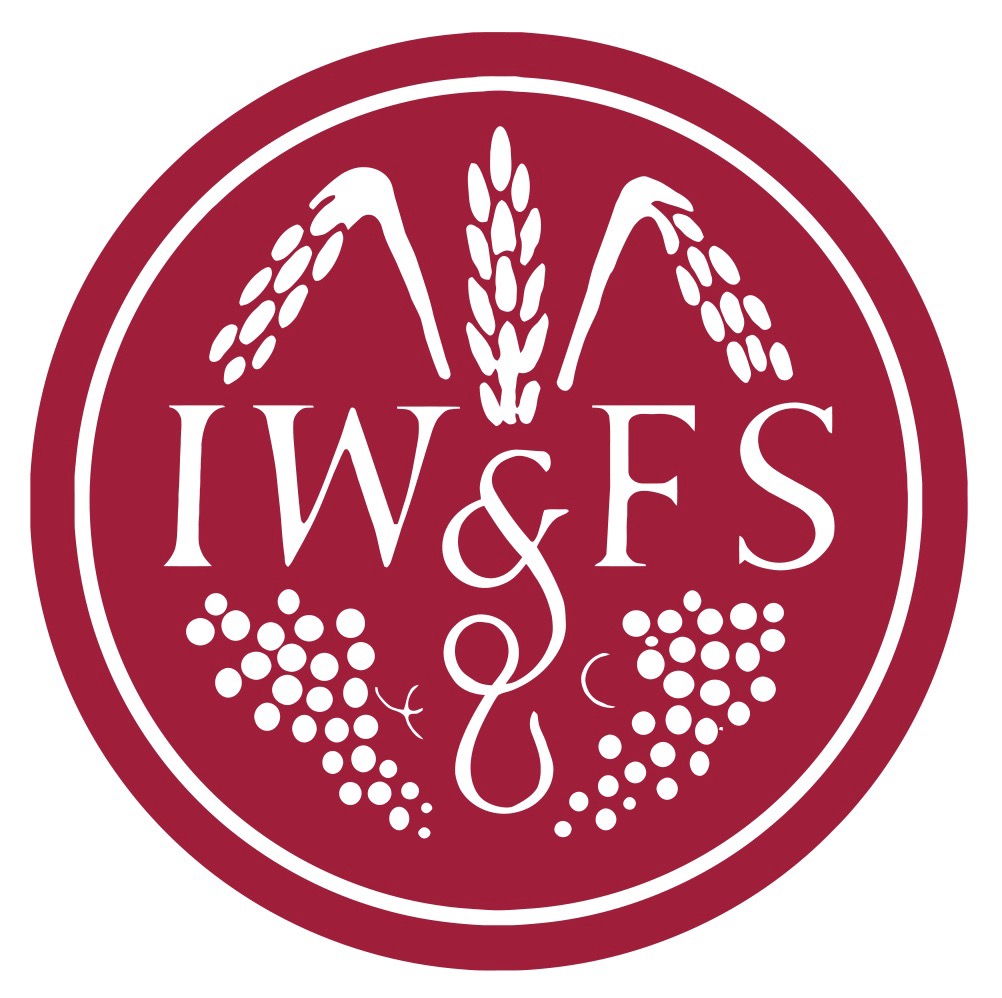By
- Suzanne Mustacich of Unfiltered
Feb 16, 2023
In January, Bordeaux’s tribunal handed down sentences for five wine professionals found guilty in the largest wine fraud case in recent memory. Tribunal president Marie-Elisabeth Boulnois passed out ankle bracelets for the worst infractions, on top of heavy fines all around. But both defendants and plaintiffs are claiming that justice has not been served.
The elaborate multimillion-dollar fraud involved trucking hundreds of thousands of cases worth of cheap Spanish bulk wine north to France, changing the official paperwork to reflect a French origin, and bottling it and selling it as more valuable Bordeaux appellations, including Margaux and Médoc.
Jean-Sebastien Laflèche, owner of négoce Defivin in St.-Loubès, and Michel Gilin, formerly in sales at major cooperative Celliers Vinicoles du Blayais (CVB), received the harshest sentences, “due to the seriousness of the acts, the nature of the facts, their durations, the quantities involved and previous convictions,” said Boulnois.
Both men will serve their prison sentences under house arrest. Laflèche, sentenced to two years, had assets worth €253,000 seized, including his Mercedes, and Gilin, sentenced to 20 months, was fined €200,000. They were the only two convicted of deception (consumer fraud). Both are banned from working in the wine trade for five years.
Their three accomplices, Daniel Banchereau, Sylvie Bernard and Fabien Figerou, received more lenient sentences. Banchereau and Bernard received suspended prison sentences and €12,000 fines. Figerou, who ran the Bégadanet cellars in the Médoc where the bottling took place, was found guilty of transporting undocumented wine.
All five were held mutually responsible for a €670,000 fiscal fine for putting irregular merchandise into circulation, putting the total fines over €1 million.
Sophie Benayoun, defense lawyer for Laflèche, denounced the decision, saying “These fiscal fines are totally out of proportion.” She argued that the five were “lampistes“—junior employees taking the blame for more powerful criminals. “You have to ask, who profited from the crime? They were the pawns.”
Gilin’s defense lawyer, Lucas Tabone, concurred. “They were employed by companies to find suppliers. These people were never the ones who made money in this affair. The ones who made money thanks to this affair weren’t here [in court].”
The civil plaintiffs, which receive small compensations in the vicinity of €12,500, included the Bordeaux Wine Council (CIVB), Federation of Grands Vins de Bordeaux, Federation of Négociants of Bordeaux and Libourne and Confederation Paysanne.
Dominique Techer, spokesperson for the Confederation Paysanne, expressed disappointment that the investigation had not made clear who had given the orders. “Everyone knows how it works. In 2013, 2014, there was a wine shortage, and people gave orders, saying, ‘Find me some wine.'” Nevertheless, he emphasized, “When you buy a bottle of Bordeaux or even Vin de France, you shouldn’t have to wonder whether it’s ‘real’ or not.”
